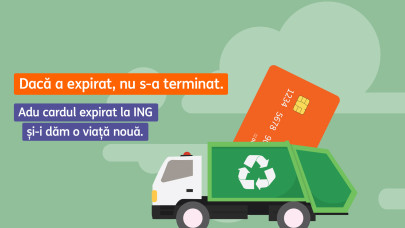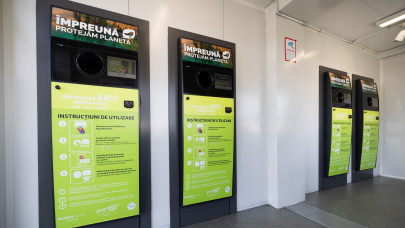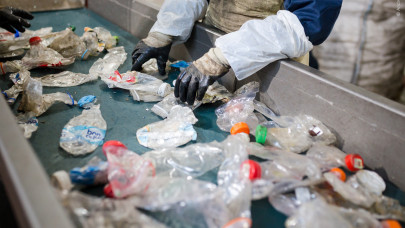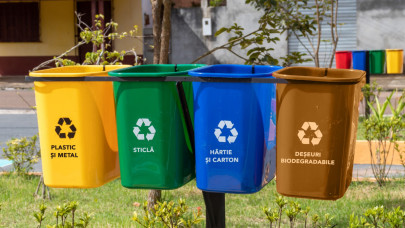The study analyses the inefficiencies of the plastics value chain and their solutions. It examines ten root causes of the plastic waste problem and identifies investment opportunities and policy measures that will help address the world's growing plastic crisis.
Regarding plastic pollution, the profitability of sorting and recycling as well as the market for recycled plastics remain challenging compared to the current situation. Plastic production, rapid consumption, and widespread discharge into the natural environment — both on land and at sea – have been rising exponentially over the past 70 years.
In the global context, the European Union is performing comparatively well in addressing plastic waste pollution and has set itself ambitious targets under the European Strategy for Plastics. Nevertheless, the report finds that an estimated investment gap of €6.7-8.6 billion must be closed to achieve Europe's pledged goal of placing on the EU market each year 10 million tonnes (Mt) of plastic recyclates in final products by 2025. Achieving these targets requires substantial investment and a reliable end market for recycled content. The largest gaps in sorting and recycling are identified in EU cohesion regions, centered on Central and Eastern Europe and South-East Europe.
Given the complexities of the plastics value chain, many of the necessary improvements require policy measures combined with targeted financial instruments. Policy recommendations by the study include legislative measures to tackle difficult-to-recycle plastic packaging, restrictions on composite packaging (such as packaging combining paper and plastics), and imposing quotas on recycling while boosting public awareness campaigns.
The report, carried out by the Bank's Innovation & Digital Finance Advisory division under the InnovFin Advisory mandate from the European Commission, concludes with financial recommendations in order to address the problem of plastic waste pollution both within and outside the European Union. These include loans to corporate and mid-cap companies, municipalities, and local authorities as well as support for research, development, and innovation activities.
“Among the many crises the world is currently facing, one is hiding in plain sight: the plastics pollution crisis. Plastics cause significant environmental pollution and are at odds with the need to limit carbon emissions. The circular economy agenda represents a key opportunity for addressing the problem, but this will not be achieved without significant investments and innovative policy measures. The EIB, through its financing to both the public and private sectors globally, stands ready to do its part to address the issue. This study gives a clear direction of travel by unpacking the many complex layers of the plastics value chain and proposes solutions to its inefficiencies”, says EIB Vice-President Ambroise Favolle.












